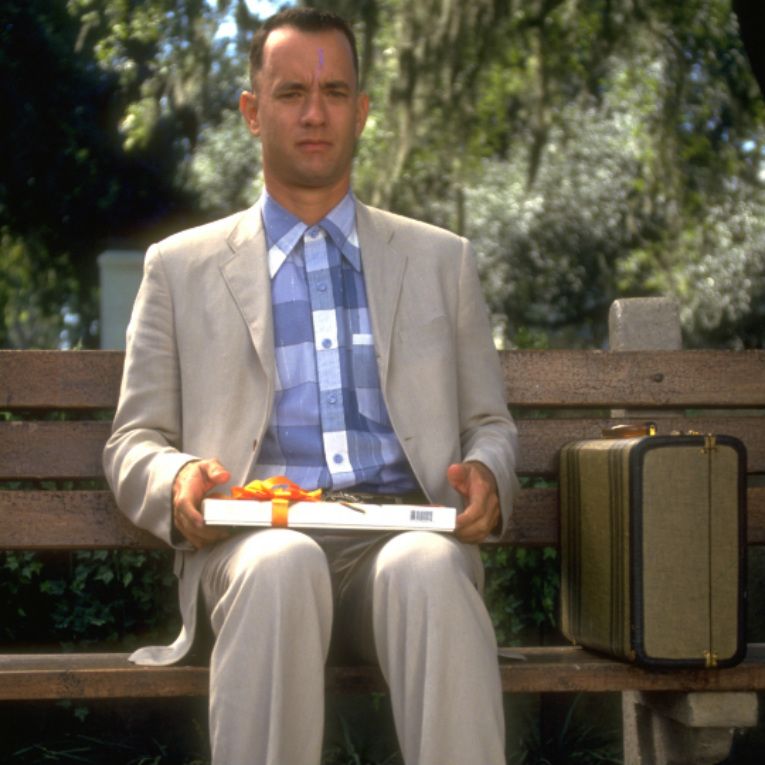Following the completion of my first project, I am beginning to start thinking about what I would like to do for my next project. While at this point I am not exactly sure what I am planning on doing, I know that I want to focus on writing a story with deep characters. To do this, I chose to look at memorable characters from other films and what I can do to write a good character.
Memorable Characters In Film
 Darth Vader
Darth Vader
Darth Vader is likely one of the most recognizable characters within film and media in general. Being present throughout each Star Wars movie of the original and prequel trilogies, Vader created a lasting impact as the audience followed his character. We see how he begins as a young boy who grows into an emotional adult who falls down a dark path which ends with his redemption in the eyes of his son. Vader as a character is seen by the audience as exciting each time he appears on screen while also creating wonder in what he will do next in each scene. (Link To Image)
 Forrest Gump
Forrest Gump
While Forrest Gump may not be as recognizable as Darth Vader, he is still a well written character who has left an impression in the minds of those who watched his film. Despite being a very simple character, Gump's actions and word choice within the film are still remembered and quoted. His ability to constantly run and his dedication to the people he cared about are just two examples of traits given to Gump that help establish his memorable character. (Link To Image)
Writing A Good Character
If I want to attempt to create a character that could be as memorable or developed as those mentioned above, I should analyze what makes a good character. The most important thing to keep in mind when writing a character, is that they should be likeable. If the audience does not like the primary character within the film, they won't care about any of their actions or motivations throughout the plot. Another important quality to have within a good character is that they should have depth to them. If you were to only establish that your character is good because they are good or they are bad because they are bad, the audience will likely not care as the do not have a reason to accept why they are good or bad. Lastly, a good character should have interesting things to do and say. A character who doesn't do anything or say anything within the film, won't leave a lasting impact on the audience. However, giving the character deep, emotional dialogue or exiting actions to perform will add structure to the character while also leading the audience to remember them.
Comments
Post a Comment